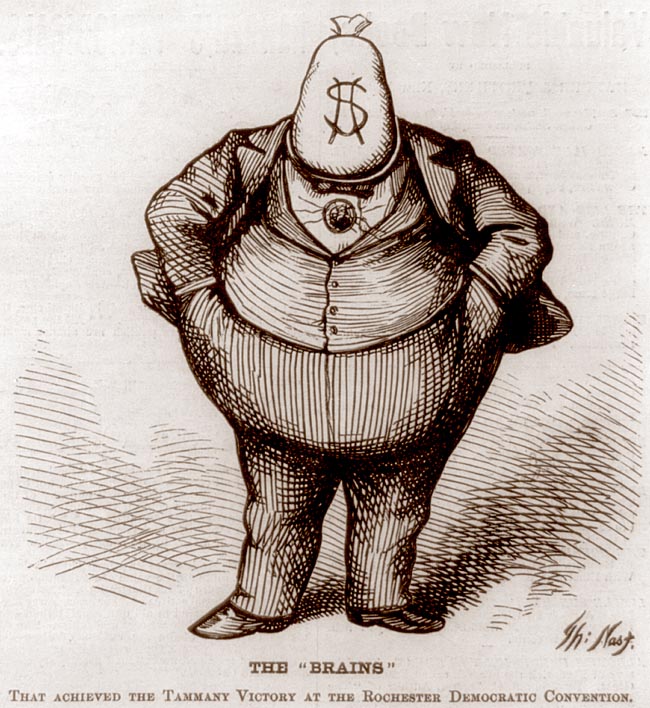We tend to equate wealth with intelligence in America, and that’s often a false association. Hiltons and Johnsons who inherit money often seem as dumb as posts, and even someone who has basic smarts like Mike Bloomberg has had many points added to his IQ erroneously because he amassed vast wealth by identifying a small shortfall in financial information which could be exploited. He was really great at one particular endeavor, much the same way as Harlan Sanders was with chicken, not an amazing Renaissance Man. It showed in the very uneven job he did as NYC mayor.
So it’s best not to take as gospel the opinions of the super-rich because knowing one thing isn’t knowing everything. That said, I’ll grant Bill Gates is far more intelligent and intellectually curious than your average person, monied or not. Here’s the opening of his review of Thomas Piketty’s Capital in the Twenty-First Century, which he agrees with overall:
“A 700-page treatise on economics translated from French is not exactly a light summer read—even for someone with an admittedly high geek quotient. But this past July, I felt compelled to read Thomas Piketty’s Capital in the Twenty-First Century after reading several reviews and hearing about it from friends.
I’m glad I did. I encourage you to read it too, or at least a good summary, like this one from The Economist. Piketty was nice enough to talk with me about his work on a Skype call last month. As I told him, I agree with his most important conclusions, and I hope his work will draw more smart people into the study of wealth and income inequality—because the more we understand about the causes and cures, the better. I also said I have concerns about some elements of his analysis, which I’ll share below.
I very much agree with Piketty that:
- High levels of inequality are a problem—messing up economic incentives, tilting democracies in favor of powerful interests, and undercutting the ideal that all people are created equal.
- Capitalism does not self-correct toward greater equality—that is, excess wealth concentration can have a snowball effect if left unchecked.
- Governments can play a constructive role in offsetting the snowballing tendencies if and when they choose to do so.
To be clear, when I say that high levels of inequality are a problem, I don’t want to imply that the world is getting worse. In fact, thanks to the rise of the middle class in countries like China, Mexico, Colombia, Brazil, and Thailand, the world as a whole is actually becoming more egalitarian, and that positive global trend is likely to continue.
But extreme inequality should not be ignored—or worse, celebrated as a sign that we have a high-performing economy and healthy society.”
Tags: Bill Gates, Thomas Piketty

